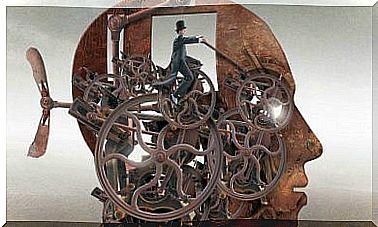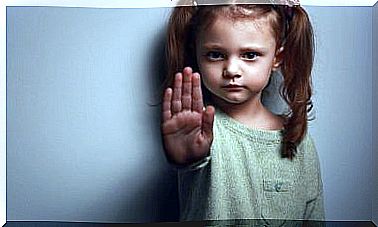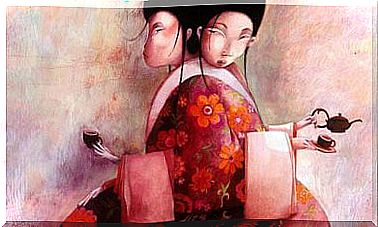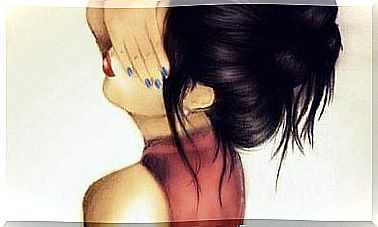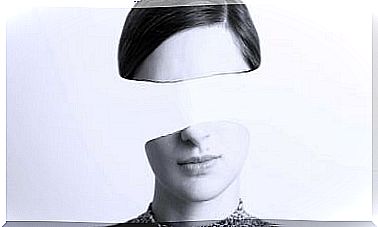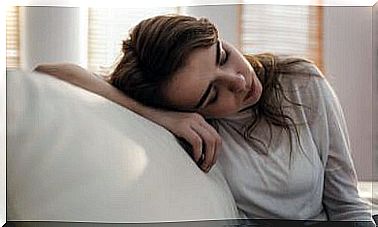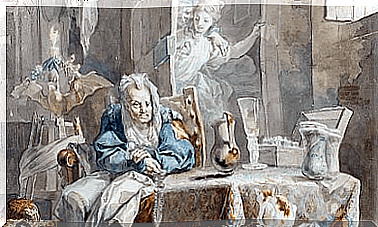Fear Of Horses Or Hypophobia
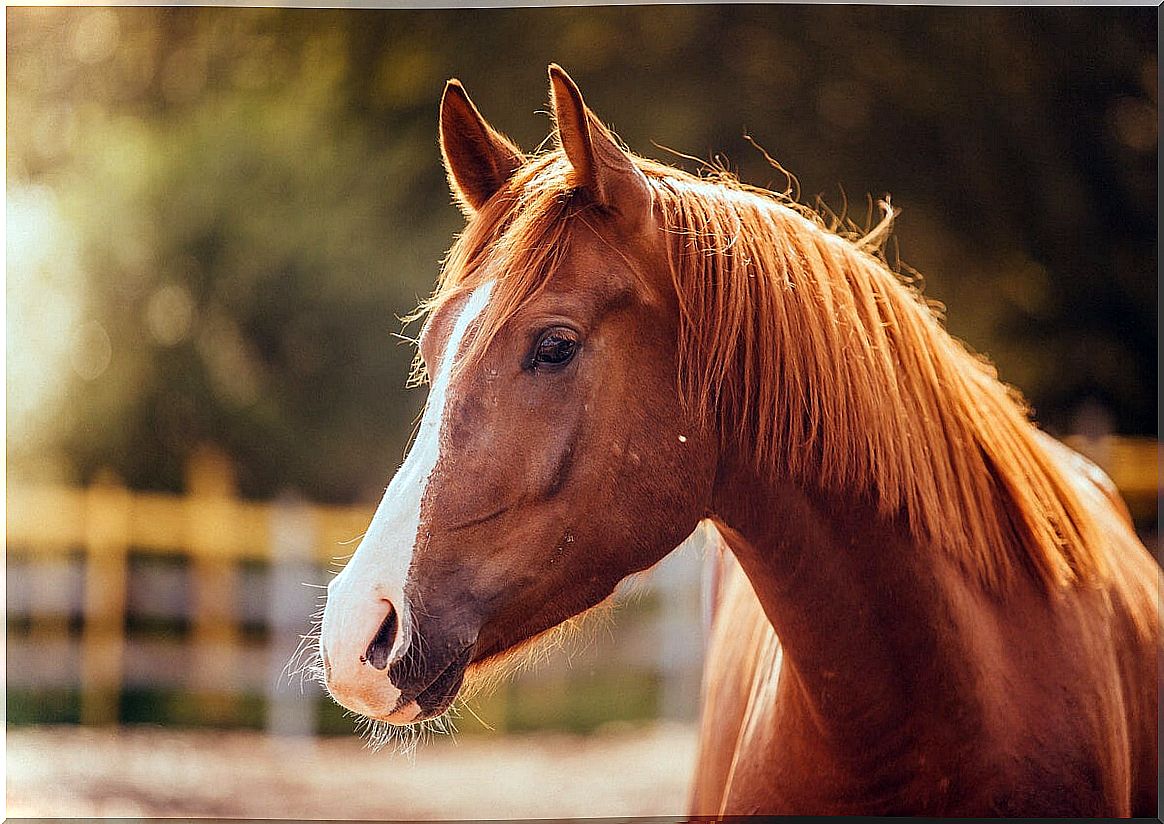
Being afraid is a natural response that, in an evolutionary sense, has helped us save ourselves from certain dangers. Therefore, it is common to feel respect for some animals. The fear of horses does not seem very common, but there are people who feel an intense fear of these creatures that can even end in an anxiety crisis. In the latter case, we would speak of hypophobia.
These animals, which for many are beautiful and noble beings and a symbol of strength, do not usually surround us on a day-to-day basis. Therefore, the lack of predictability and knowledge about them can generate intense fear. However, phobias are irrational fears that have nothing to do with a real threat.
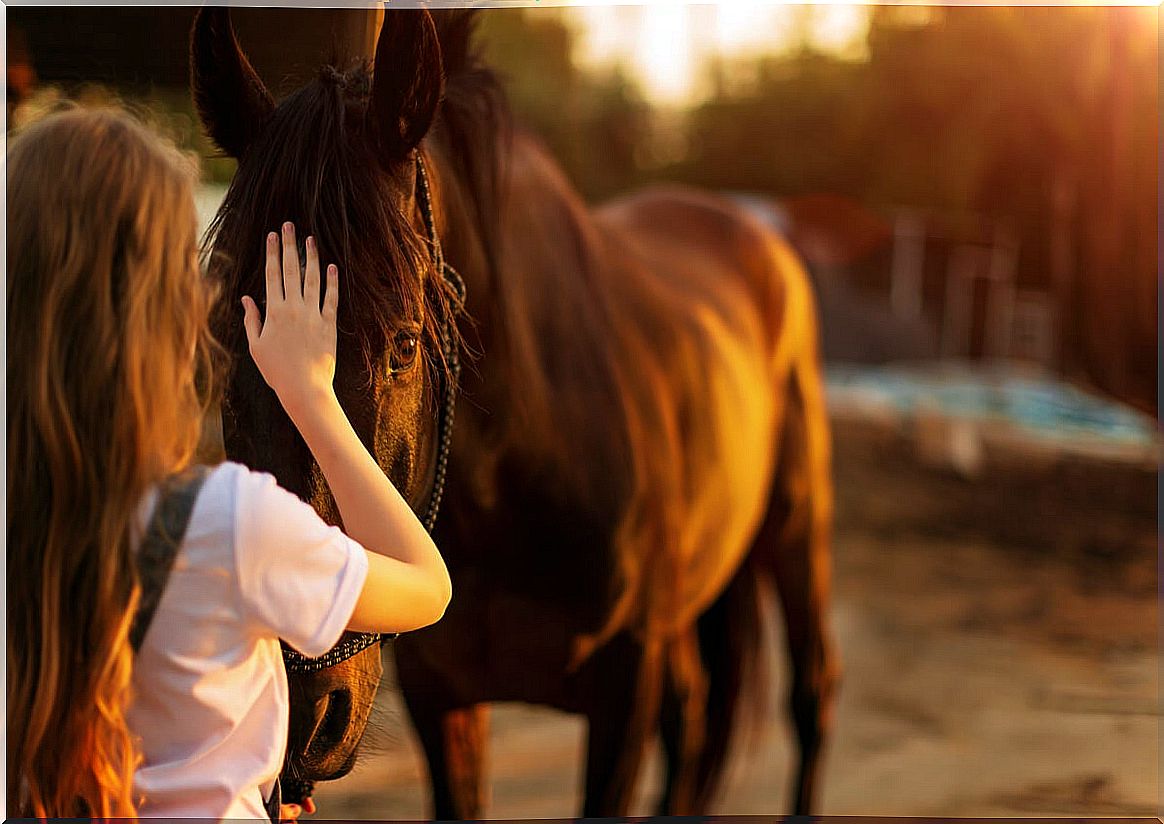
What are the symptoms?
As in any phobia, the fear of horses generates an anxiety response. The most common symptoms are sweating, shaking, headache, nausea, dizziness, rapid heartbeat, hyperventilation, or even vomiting. In order for the person to be considered as having hypophobia, it is necessary that these symptoms, in addition to the exaggerated fear, have been experienced for at least six months.
These symptoms usually occur in the presence of the animal, or just thinking about them. That is, it may be that a person with an intense fear of horses is greatly affected just by looking at an image of horses. And even listening to a story of someone you know interacting with them. According to the experience of each one, the fear will be greater or lesser to different stimuli.
As it is not common to find horses on a day-to-day basis, this phobia does not usually influence the life of those who suffer from it too much. However, the person will try to avoid all circumstances in which there is the possibility of meeting a horse. For example, the fear can extend to other experiences, such as seeing a figure of a horse on a merry-go-round and, therefore, not going to an amusement park.
The origin
As a rule, phobias develop from traumatic experiences related to the object of fear. In this case, for example, it may be from a fall or blow from a horse. This experience does not have to have been lived in the first person. The fear can originate in the story of the event or in the presence itself as an observer of it.
As with other phobias, the fear of horses may be inherited. This means that a person can suffer from hypophobia because they learned from their father or mother that horses were a danger. Thus, from a young age they would have developed an avoidance behavior and an idea of danger from horses.
Sometimes phobias also arise from a previous anxiety problem or disorder that can generalize fear and the feeling of danger to other stimuli. Another hypothesis is that, in a phylogenetic sense, the fear of certain animals has been inherited for survival, despite the fact that many other people do not perceive it that way.
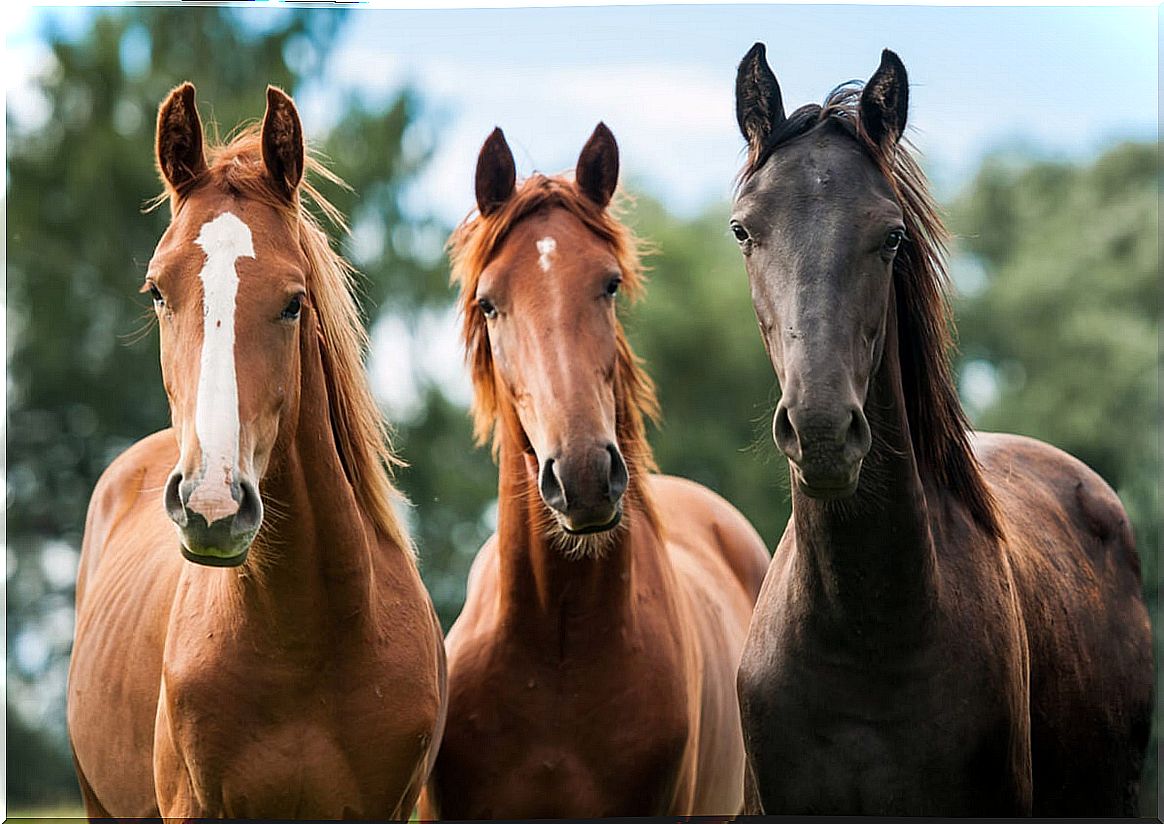
How is fear of horses treated?
As in any other phobia, three lines of action are usually implemented in the intervention. Cognitive restructuring, systematic desensitization and relaxation techniques. The first is focused on configuring beliefs about horses in a more adaptive and sometimes realistic way.
On the other hand, systematic desensitization focuses on gradually exposing the person to the stimulus of the phobia. First, a list would be made of all possible horse-related events that the patient is afraid of. Subsequently, it is ordered according to the degree of anxiety it generates. Once finished, accompanied by training in relaxation techniques, the person will be exposed to stimuli depending on how they are placed on a scale of emotional intensity.
Thus, if the last thing on the list was to think of a stable full of horses, this thought will be worked on while relaxing to reduce anxiety. Once it is overcome and the patient can think about it without feeling fear, they will move on to the next one. So on.
This technique is very effective since it is based on elements that the patient himself has chosen and can finally make him able to approach a horse and touch it, or even ride on it.
In any case, to overcome the fear of horses or another animal, the best thing to do is go to a professional psychologist. The intervention will not only reduce considerably or end the fear, but will also provide the patient with resources against other phobias.
